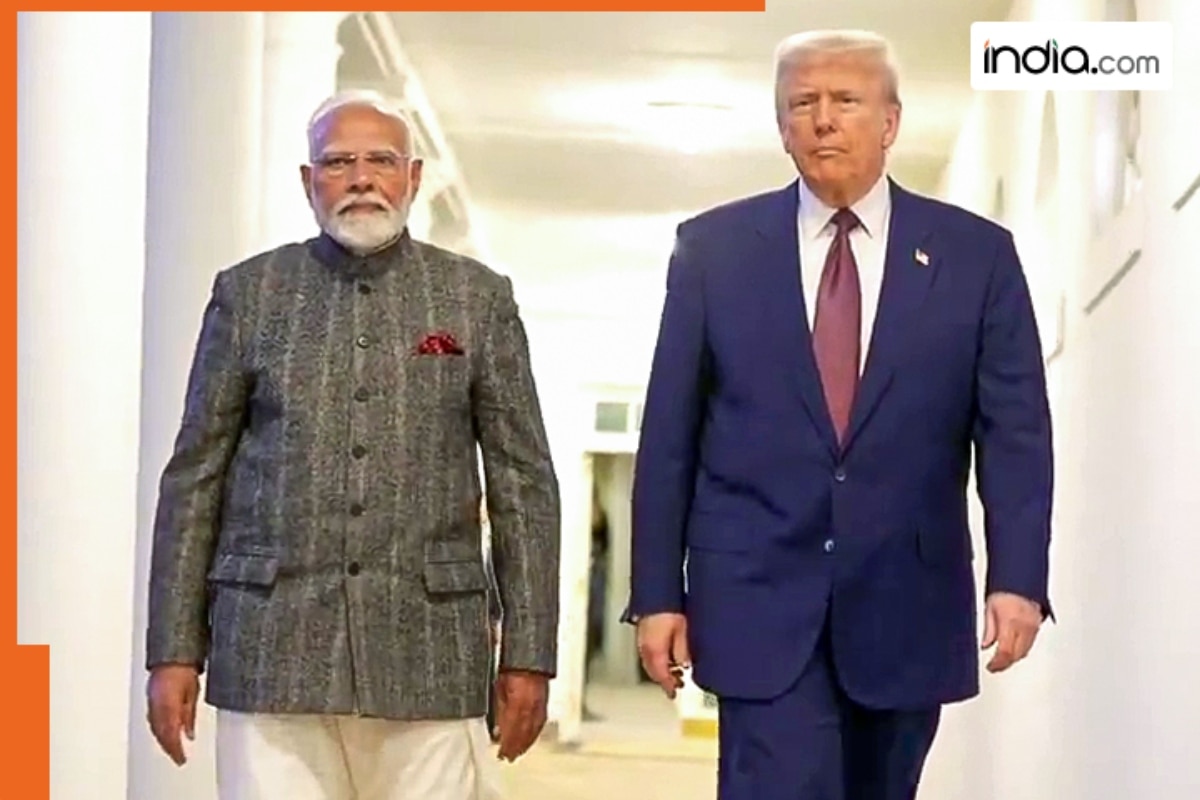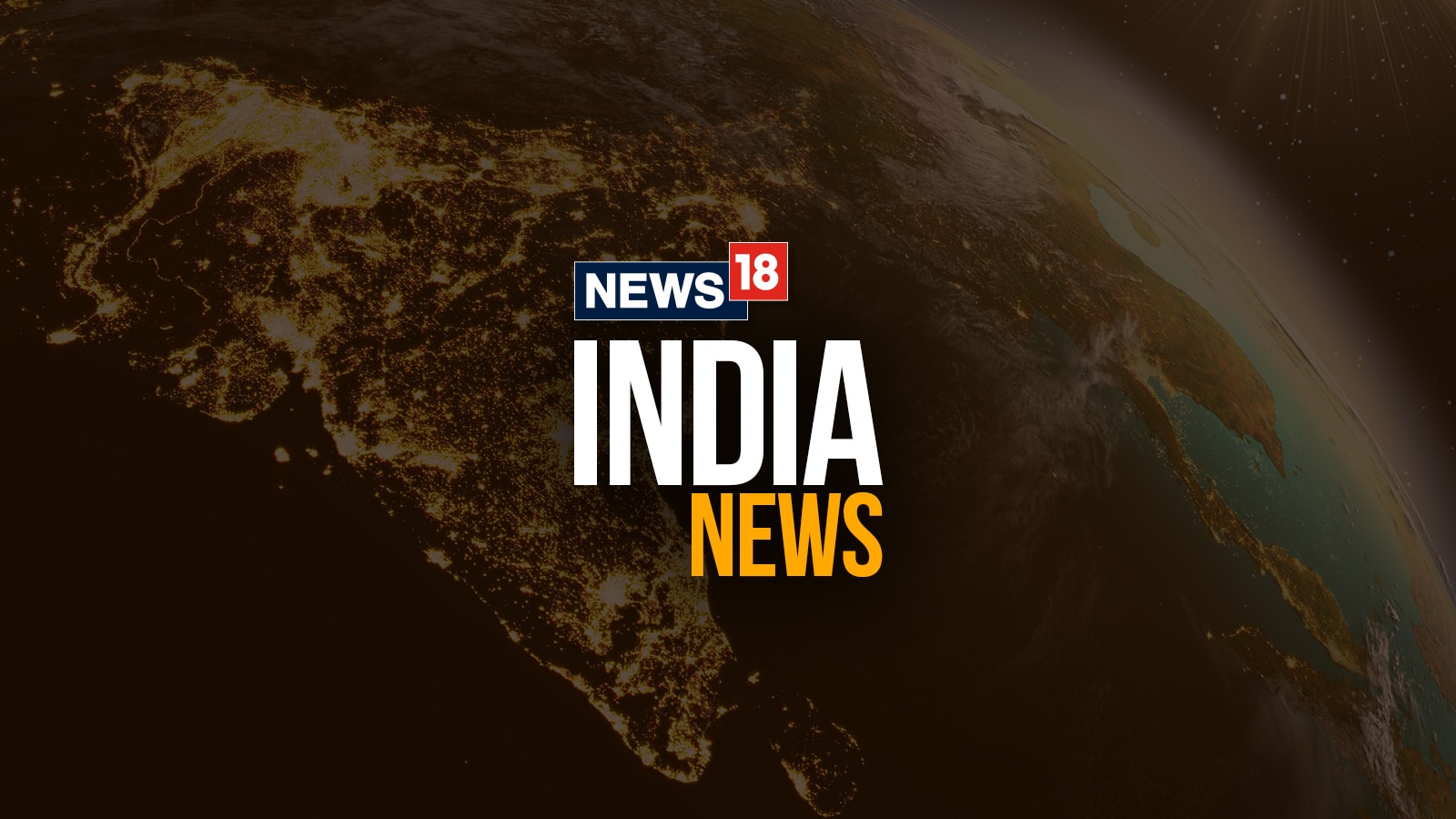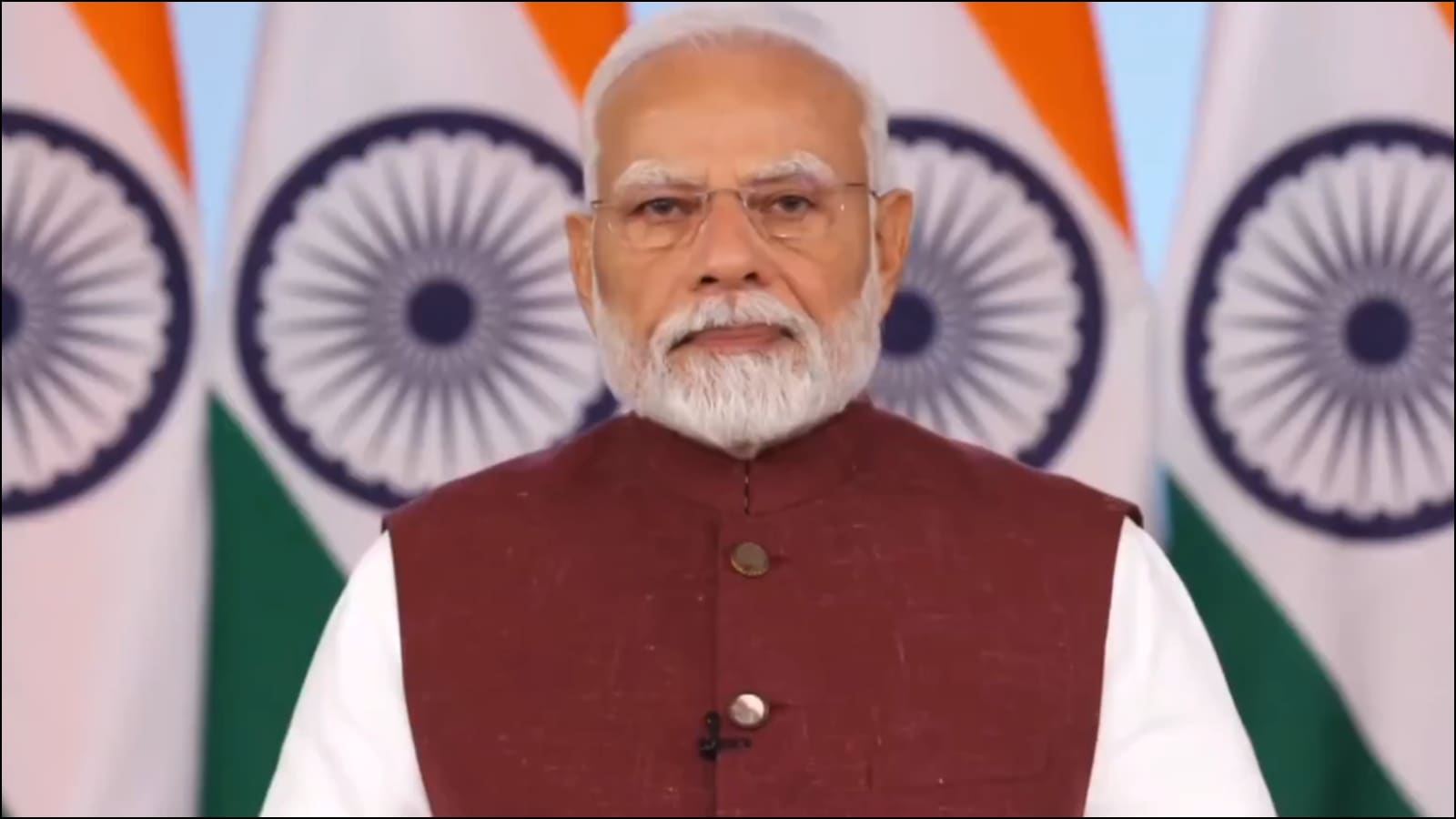US defence secretary Pete Hegseth is set to meet dozens of his counterparts at a Nato meeting in Brussels, a day after the US president, Donald Trump, said he had spoken to Russia’s Vladimir Putin about negotiating an end to the war.
Trump said he had spoken for more than an hour with Putin and that the two men expect to meet in person in Saudi Arabia soon. He said he later spoke to Volodymyr Zelenskyy and denied that he was “freezing out” the Ukrainian president.
Zelenskyy – at least in public – offered support for the talks, saying he and Trump had held a “meaningful” conversation by phone. “No one wants peace more than Ukraine,” he wrote.
But the development came just hours after Hegseth told an international meeting of Ukraine’s backers on Wednesday not only that Kyiv could not realistically hope to return to previous borders or join Nato – a sign of things to come from Trump later – but also that the US was no longer “primarily focused” on European security.
So the key question for Europe is: what next?
When asked if any European countries would be involved in peace talks, White House press secretary Karoline Leavitt said: “I don’t have any European nations who are involved currently to read out for you.”
This is exactly the nightmare scenario that Zelenskyy explicitly warned Europe against during his World Economic Forum speech last month.
“It is not clear whether Europe will even have a seat when the war against our country ends. … We are deeply grateful to Europe for all the support … but will president Trump listen to Europe, or will he negotiate with Russia, China, without Europe?," he asked.
We heard a lot of statements from European countries overnight insisting that no decisions can be made without Ukraine, and that the priority should now be on putting Ukraine in the strongest possible position before these talks start.
But during this morning’s meeting in Nato, there will be lots of questions asked as to what else can be done among European partners – or if it is too late now.
It’s Thursday, 13 February 2025, and this is Europe live. It’s Jakub Krupa here.
Good morning.





